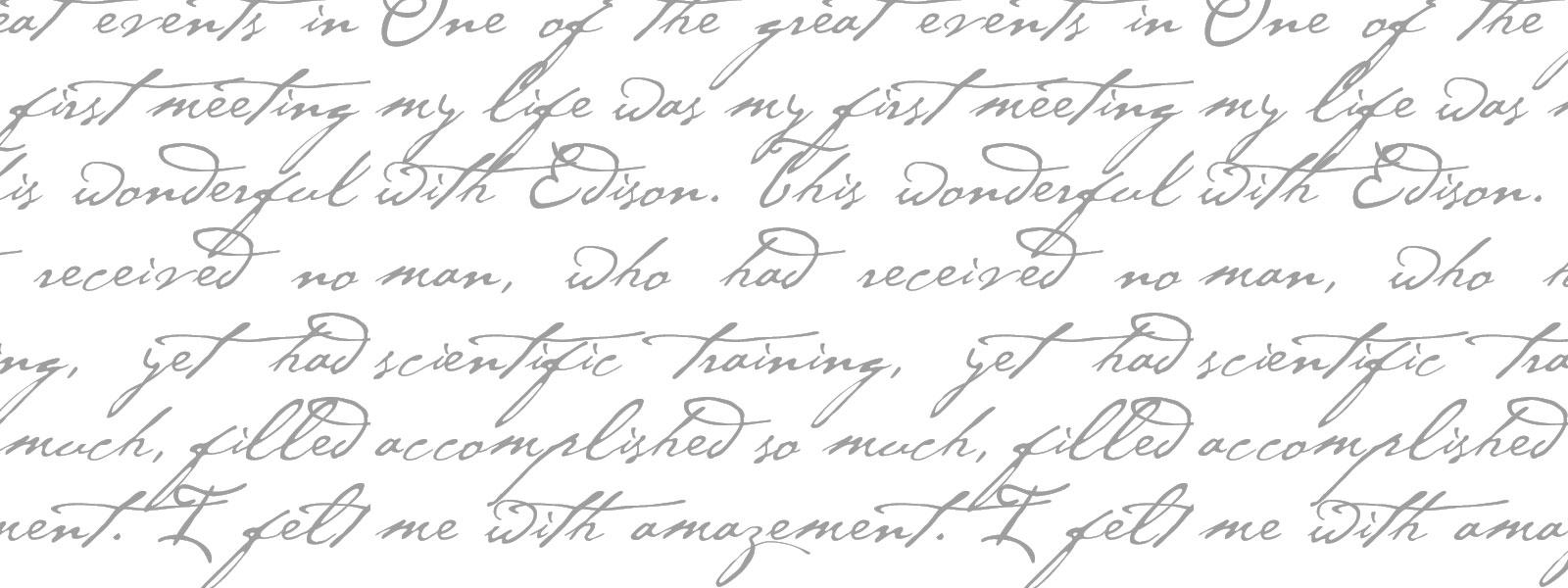
Nikola Tesla Quotes
I have never failed in any of my experiments and therefore I have good reason to believe that this one will not prove worthless...
April 4th, 1901Source:
On more than one occasion you have offended me, but in my qualities both as Christian and philosopher I have always forgiven you and only pitied you for your errors.
November 24th, 1898
There is something within me that might be illusion as it is often case with young delighted people, but if I would be fortunate to achieve some of my ideals, it would be on the behalf of the whole of humanity. If those hopes would become fulfilled, the most exiting thought would be that it is a deed of a Serb.
The scientists of today think deeply instead of clearly. One must be sane to think clearly, but one can think deeply and be quite insane.
July, 1934
But such cables will not be constructed, for ere long intelligence—transmitted without wires—will throb through the earth like a pulse through a living organism. The wonder is that, with the present state of knowledge and the experiences gained, no attempt is being made to disturb the electrostatic or magnetic condition of the earth, and transmit, if nothing else, intelligence.
February, 1892
Technical invention is akin to architecture and the experts must in time come to the same conclusions I have reached long ago. Sooner or later my power system will have to be adopted in its entirety and so far as I am concerned it is as good as done.
October 16th, 1927
Power can be, and at no distant date will be, transmitted without wires, for all commercial uses, such as the lighting of homes and the driving of aeroplanes. I have discovered the essential principles, and it only remains to develop them commercially. When this is done, you will be able to go anywhere in the world — to the mountain top overlooking your farm, to the arctic, or to the desert — and set up a little equipment that will give you heat to cook with, and light to read by. This equipment will be carried in a satchel not as big as the ordinary suit case. In years to come wireless lights will be as common on the farms as ordinary electric lights are nowadays in our cities.
April, 1921
Behold the dark threat
veiled in words of flame
One child in misery
is a nation's shame!
If there are intelligent inhabitants of Mars or any other planet, it seems to me that we can do something to attract their attention... I have had this scheme under consideration for five or six years.
March 25th, 1896Source:
I would not give my rotating field discovery for a thousand inventions, however valuable... A thousand years hence, the telephone and the motion picture camera may be obsolete, but the principle of the rotating magnetic field will remain a vital, living thing for all time to come.
November, 1928